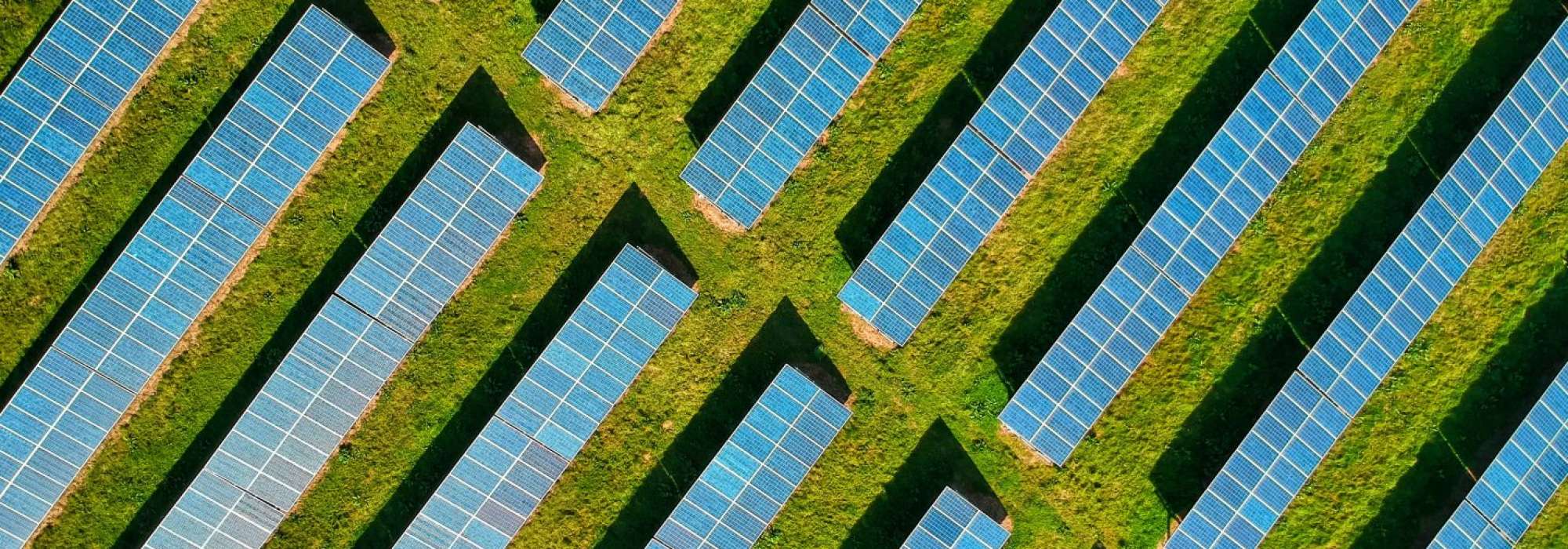Maximising Benefits and Mitigating Risks of Introducing Renewable Energy to your farm
There are planning applications going in all the time for large scale solar farms, is every farmer with land involved happy at their journey to date?
In the evolving landscape of UK agriculture, the potential for alternative income through renewable energy projects, specifically solar farms and battery energy storage systems on farmland, is becoming increasingly significant. With the rise in demand for clean power, the opportunity for landowners to enhance their income streams is considerable.
However, the journey from initial approach by a solar or battery developer to the successful operation of a renewable energy project is fraught with complexities, interest from developers in leasing sites for solar and battery storage projects is at an all-time high, and we know that many landowners have already received had several letters in the post. As a result, this brings to the fore the importance of understanding the complex details involved in progressing a scheme to generating rental return. Therefore, to maximise benefits and mitigate risks, it is crucial landowners navigate these opportunities with a clear understanding of the financial, legal, and technical aspects.
Choosing the Right Developer
The integrity and reliability of the developer can significantly influence the success and longevity of the project., therefore selecting a developer is not a decision to be taken lightly. Landowners should seek a partner with a proven track record, solid financial standing, and experience in managing renewable energy projects. It is important to establish early in the process if they are operating it themselves or is they are they simply a middleman looking to get you slightly on board with poorly drafted heads of terms and then sell out.
Exclusivity and Heads of Terms
The initial negotiations, encapsulating exclusivity, and heads of terms, are pivotal. This stage lays the project's foundation and can hugely affect the outcome. Clear definition of project scope, financial terms, and responsibilities is vital, and ensures mutual understanding, reducing potential confusion.
Securing exclusivity protects both parties. It ensures developers are serious about proceeding and provides landowners with assurance against opportunistic land tying. This important stage also allows for due diligence, ensuring site suitability and developer capability, all crucial for project feasibility.
Early negotiations set the stage for the economic terms of the lease or purchase, including rental payments, revenue sharing models, and terms of use. Getting these negotiations right can mean a more favourable financial outcome for the landowner. It also provides an opportunity to negotiate terms that can protect the landowner's interests, such as minimum rent guarantees, escalation clauses, and termination rights.
Perhaps most importantly, the exclusivity and heads of terms stage can reveal the intentions and capabilities of the approaching party. If a developer is not willing to agree to reasonable terms, or fails to demonstrate their ability to proceed with the project (such as showing proof of funding or a track record of completed projects), it may indicate that they are not genuinely committed to the project. This can save the landowner from wasting time and resources on a developer who is either not serious about the development or is trying to block good potential land from being developed by competitors because they have secured another site close-by.
Tax Implications and Business Structures
One of the primary considerations for landowners is the impact of renewable energy projects on their tax liabilities and the structure of their business. The transition of land use from agriculture to leased to an operator for renewable energy can alter the applicability of various tax reliefs, potentially affecting the landowner's financial outcome significantly. Depending on whether the landowner receives the income personally or through a company structure, Income from renewable energy projects could be subject to different taxation rates. So, the implications of such projects on capital gains tax, inheritance tax, and the availability of agricultural property relief and business property relief must be thoroughly examined.
Grid Connection
Grid connection capacity and availability often determine project feasibility. The site's location relative to electricity substations and specific requirements for solar and battery installations are crucial development factors. The lower the grid cost, the more money for the scheme and most importantly the landowner.
In summary, the journey to developing renewable energy projects on farmland is complex, involving critical financial, legal, and technical considerations. Professional advice is vital from the outset, ensuring landowners navigate these waters effectively, secure favourable terms, and make informed decisions.

